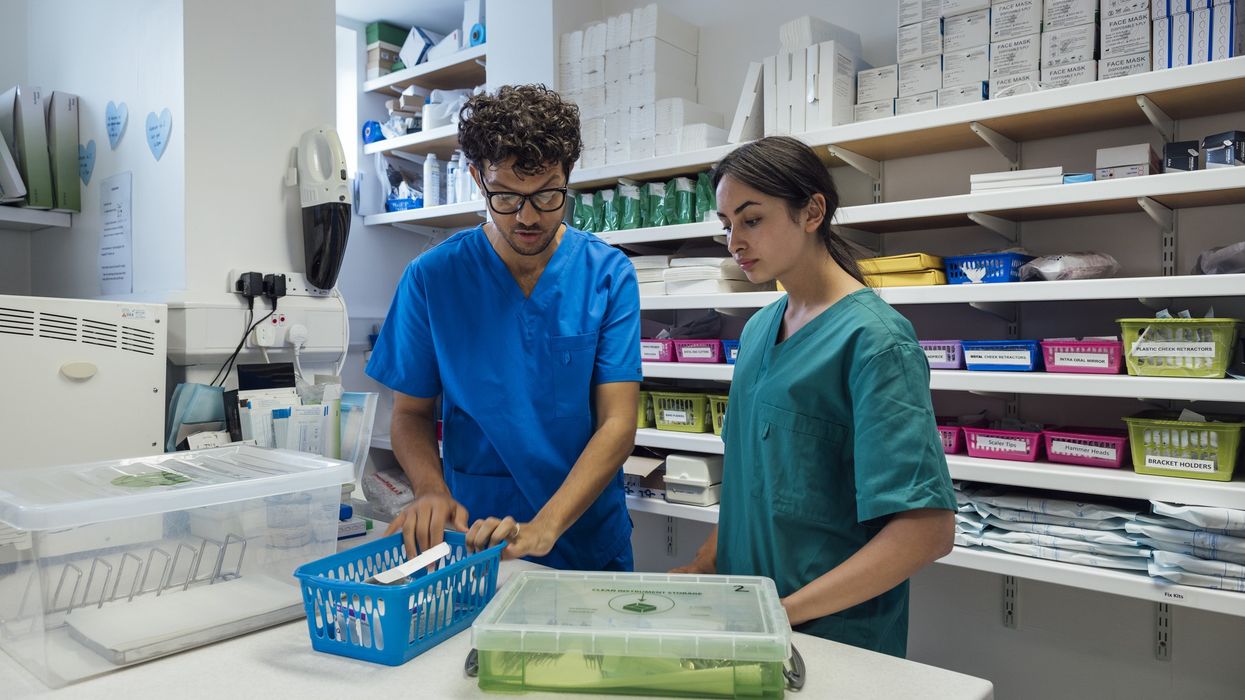The Department of Health and Social Care has announced that it will invest £9 million towards the treatment of sickle cell patients.
Approximately 17,000 people live in England with sickle cell disease. Nearly 250 new cases of this inherited blood disorder is reported annually.
The disorder is commonly found among Black African, Caribbean, Middle Eastern and South Asian people.
The investment aims to make major lifesaving technology more accessible.
There will be funding towards specialized treatment centres and latest technology to create enhanced treatments to remove detrimental elements from patients’ blood is the goal to achieve by investing more in the
The investment is mainly focusing on making the Spectra Optia machines easily accessible. These machines performs automated cell exchange, through which the patients’ sickled red blood cells gets replaced with a normal donor cell.
Hospitals across the country use Spectra Optia, supported by around 20 NHS Trusts.
The availability of this machinery is equally beneficial for the NHS as it saves up to £12.9 million annually and £19,000 per patient yearly. This also saves time spent in hospitals, as well as the need to undergo other treatments for the patients.
Most importantly, the cell exchange has longer effect compared to any other type of transfusion.
The first ever provider of this service in the country was the 24/7 red cell exchange service at Imperial College Healthcare which operates for both adults and children.
The expansion of treatments nationwide will increase availability of out-of-hours services. It will result in expanded workforce as this requires specialists.
This new step is an example set by the government during the London Tech Week.
Robert Ojeer, 35, who has a sickle cell disorder, said the new treatment allows him to have a “sense of normality”.
“Having access to automated exchange improves my quality of life. I have two children, and it means that I can play a bigger part in their lives. It means I can work and that I can just have a sense of normality – I can do things that everyday people would take for granted,” he said.
Health secretary West Streeting said the new treatment showed the government’s commitment to remove barriers to healthcare.
“People living with rare conditions like sickle cell disease face immense everyday challenges, and can sometimes struggle to get the specialised care they need. Through our Plan for Change, this government will be the one that removes the barriers to getting the latest and best tech to our NHS frontline, so patients can access the best care available, closer to home,” said Streeting.


















